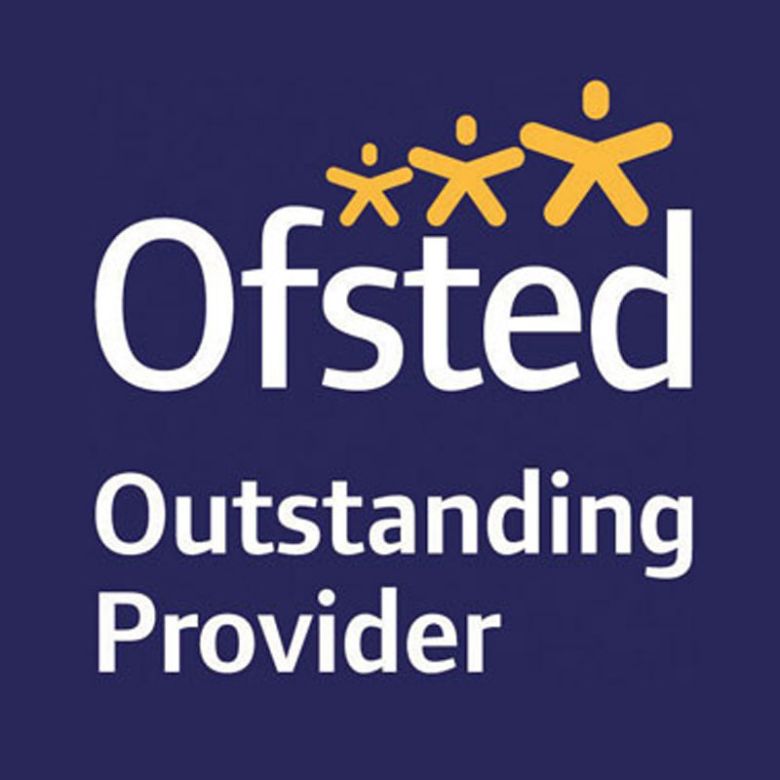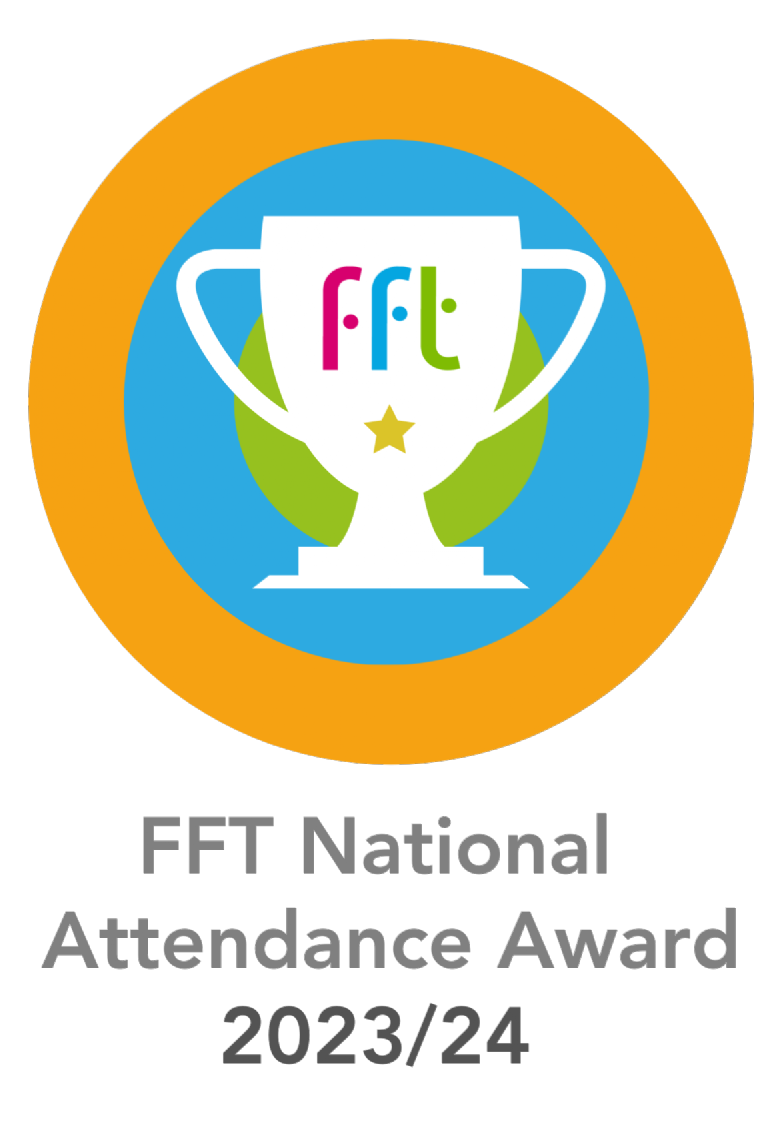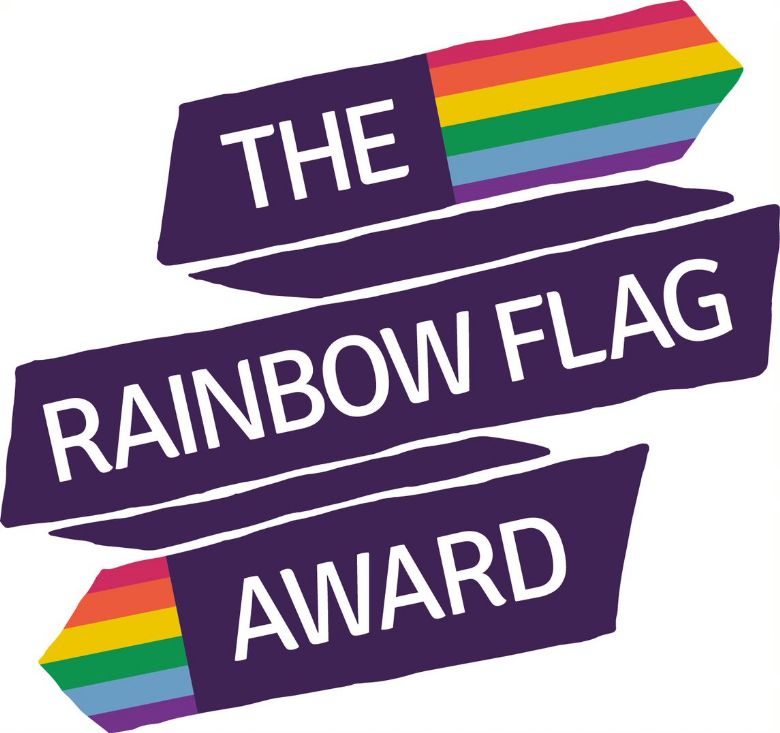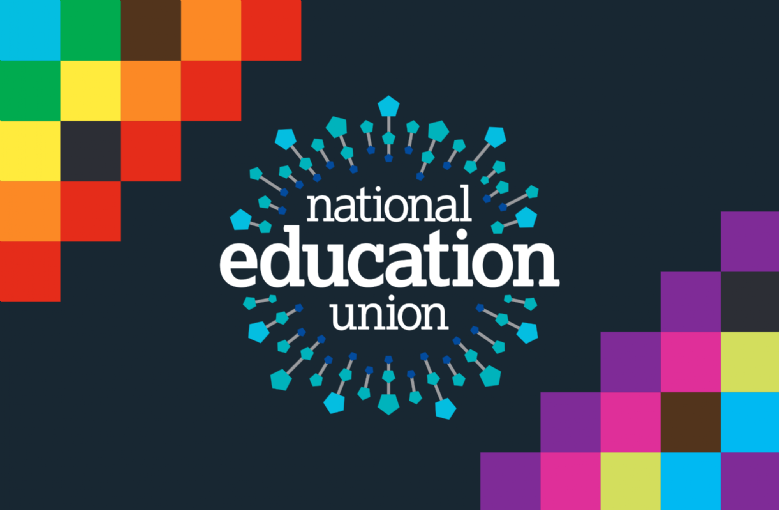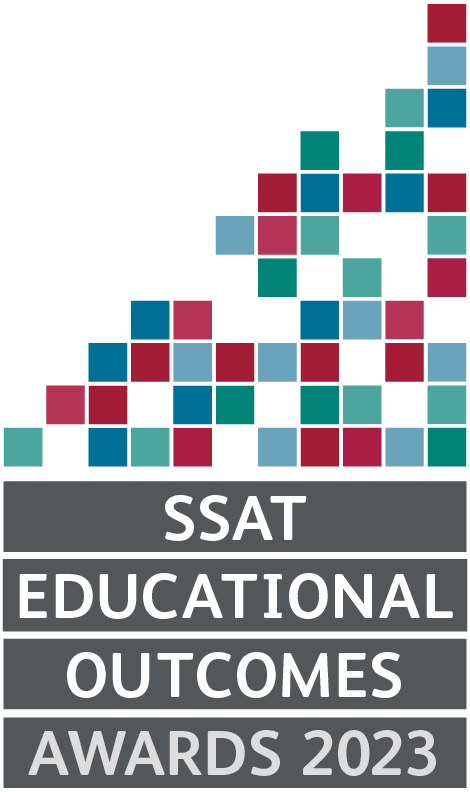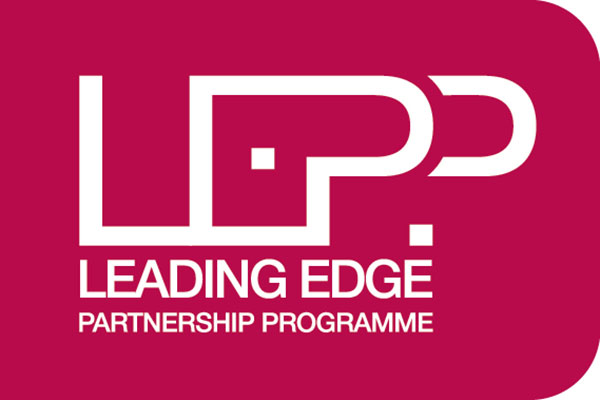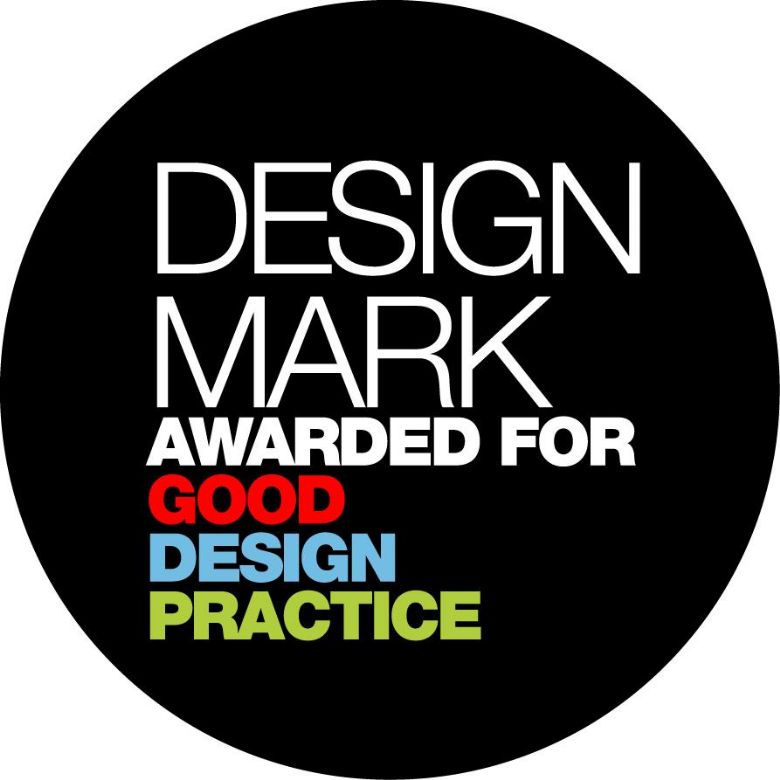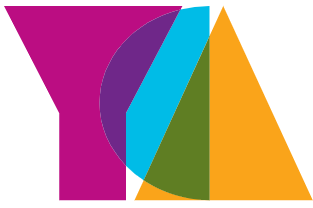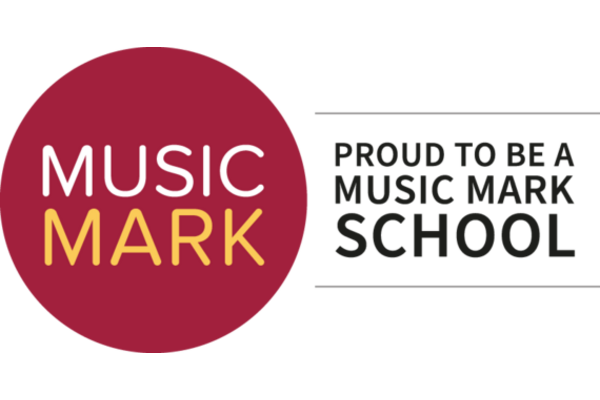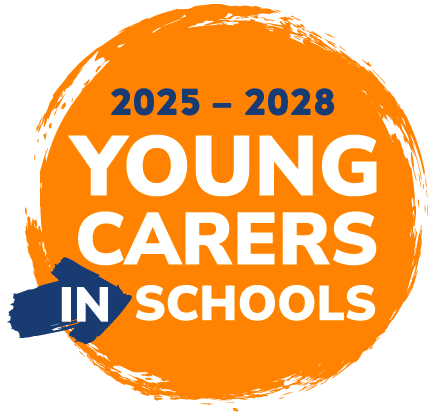OCR Information Technology
What is a Cambridge National in Information Technology?
This course will give you a wide skills base in a range of ICT areas that can be used and applied in all industries. The need for ICT skills and qualifications has become a necessity to all businesses and higher education organisations, making this an important subject for the present and the future. You may be interested in this if you want an engaging qualification where you will use your learning in practical, real-life situations, such as:
- Using different application and tools to design, create and evaluate IT solutions and products.
- Creating a data manipulation solution.
- Creating an Augmented Reality prototype.
What do I need to know or be able to do before taking the National Cambridge Award in Information Technology?
You will need to have enjoyed Information and Communication Technology before starting the GCSE. You may have enjoyed projects such as Data Analytics, Web Theory, App Design & E-safety. It is important that you have a lively and enquiring mind, an interest in Information and Communication Technology, a willingness to explore new ideas and an ability to communicate your ideas effectively. You may also have a keen business mind as some of the theory content ties to business theory such as marketing and target audience.
You may have enjoyed these Key Stage 3 projects:
- E-safety (Year 7)
- Data Analytics (Year 7)
- App Design (Year 7)
- Web Theory (Year 8)
- Taster in Digital Technologies (Year 9)
Why should I choose this course?
You will:
- Learn about current and emerging technologies and how they impact on your lives
- Work with a range of digital tools and techniques
- Learn about the design of websites, interfaces, financial models, and databases
- Create an interactive digital product for others to use
- Follow a programme of study that enables progression to further courses and employment in ICT
- Develop key skills which are highly valued by employers and further education
- Gain confidence by developing independent learning skills
Who is the Cambridge National in Information Technology for?
This course will appeal to you if you:
- Have a keen interest in Information and Communication Technology
- Enjoy studying a subject that is relevant to your own life and experience
- Want to find out more about how ICT tools, applications and systems are used by organisations
- Are interested in developing an understanding of current and emerging technologies
- Want to study a course that is active and enjoyable
- Want to move on to a related career or further education
- Wish to build up a qualification by studying separate units
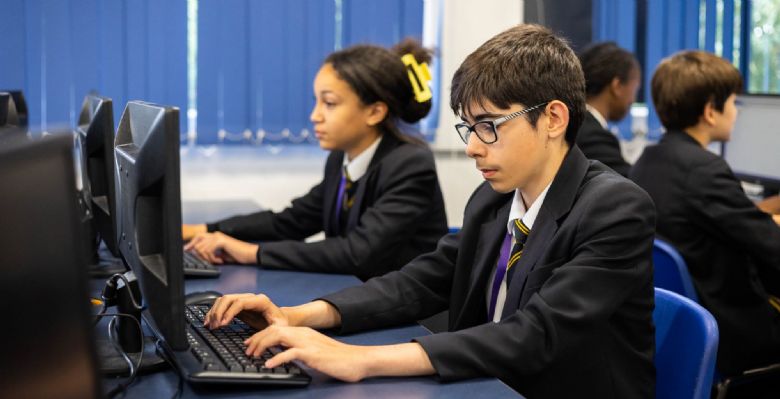
The structure of the Cambridge National Award in Information Technology
| Units | % | Assessment |
| Component 1: IT in the Digital World | 36 | Written Exam |
|
Component 2: Data manipulation using spreadsheets |
32 | Coursework |
|
Component 3: Using augmented reality to present information |
32 | Coursework |
Component 1: IT in the Digital World
In this unit, you will learn the theoretical knowledge and understanding to apply design tools for applications, principles of human computer interfaces and the use of data and testing in different contexts when creating IT solutions or products.
You will understand the uses of Internet of Everything and the application of this in everyday life, cyber-security and legislations related to the use of IT systems, and the different types of digital communications software, devices, and distribution channels.
Component 2: Data manipulation using spreadsheets
In this unit, you will learn the skills to be able to plan and design a spreadsheet solution to meet client requirements. You will be able to use a range of tools and techniques to create a spreadsheet solution based on their design, which you will test. You will be able to evaluate your solution based on the user requirements.
Component 3: Using augmented reality to present information
In this unit, you will learn the purpose, use and types of augmented reality (AR) in different contexts and how they are used on different digital devices. You will develop the skills to be able to design and create an AR model prototype, using a range of tools and techniques. You will also be able to test and review you AR model and techniques.
Future Progression to Other Qualifications
- Cambridge Technical in iMedia (Levels 2 and 3)
- Cambridge Technical in Information Technology (Levels 2 and 3)
- GCE A Level ICT
- BTEC National Information Technology
- Apprenticeship Framework (Level 2 and 3)
At University, typical modules in a Digital Technology degree may include:
- Network development and maintenance
- Project Management
- Software design and development
- Emerging Technologies
- Digital Marketing
- Innovative Multimedia
- IT Infrastructure
Routes to Employment
The digital sector is a major source of employment in the UK, with 1.46 million people working in digital companies and around 45,000 digital jobs advertised at any one time. Digital skills span all industries; almost all jobs in the UK today require employees to have a good level of digital literacy. Aside from the digital skills gained on this course, studying Digital Technology enables pupils to develop many transferable skills such as research skills, communication skills, team-working, time management, critical thinking, project management and self-motivation, and these skills are sought after by employers from industries such as film, publishing, television, public relations, radio, design and computing.
Example potential careers
Network Administrator Information Systems Manager IT Sales Professional Systems Analyst IT Technical Support Officer Technology Consultant Project Manager
FAQs
What is the Cambridge National Information Technology qualification?
This course will give you a wide skills base in a range of ICT areas that can be used and applied in all industries. The need for ICT skills and qualifications has become a necessity to all businesses and higher education organisations, making this an important subject for the present and the future. You may be interested in this if you want an engaging qualification where you will use your learning in practical, real-life situations, such as:
- Using different application and tools to design, create and evaluate IT solutions and products.
- Creating a data manipulation solution.
- Creating an Augmented Reality prototype.
Are there any internal assessments/NEAs in this qualification?
Yes, 66% of the course is internal assessment, split across two components: one in Year 10 and the other in Year 11. Both components are broken into 4 sub-sections that will form a solution to a given problem.
What is the structure of the course?
The course is structured to be continually assessed across the two years. Component 1 is an external assessment in the form of a written exam which you would complete in Year 11 in May/June. We study the theory that will be assessed in this unit during the single lesson in both Year 10 and 11. This is a 1 hr and 30-minute assessment. There are 2 internally assessed units. One we complete in Year 10. This is a data manipulation project that you complete in Year 10. The second we complete in Year 11 and is based on augmented reality.
How is the course graded?
Cambridge National courses are graded differently to GCSE courses. The highest grade you can achieve is a Level 2 Distinction* and the lowest pass mark is a Level 1 Pass. These grades do hold equivalent to GCSE grades.
Is a Cambridge National recognised by colleges and sixth form colleges?
It is recognised the same way as a GCSE. Many colleges offer Level 3 Cambridge Technical courses and A-Level courses and the Cambridge National is equivalent to one GCSE and would be part of Colleges and Sixth Form entry requirements.

